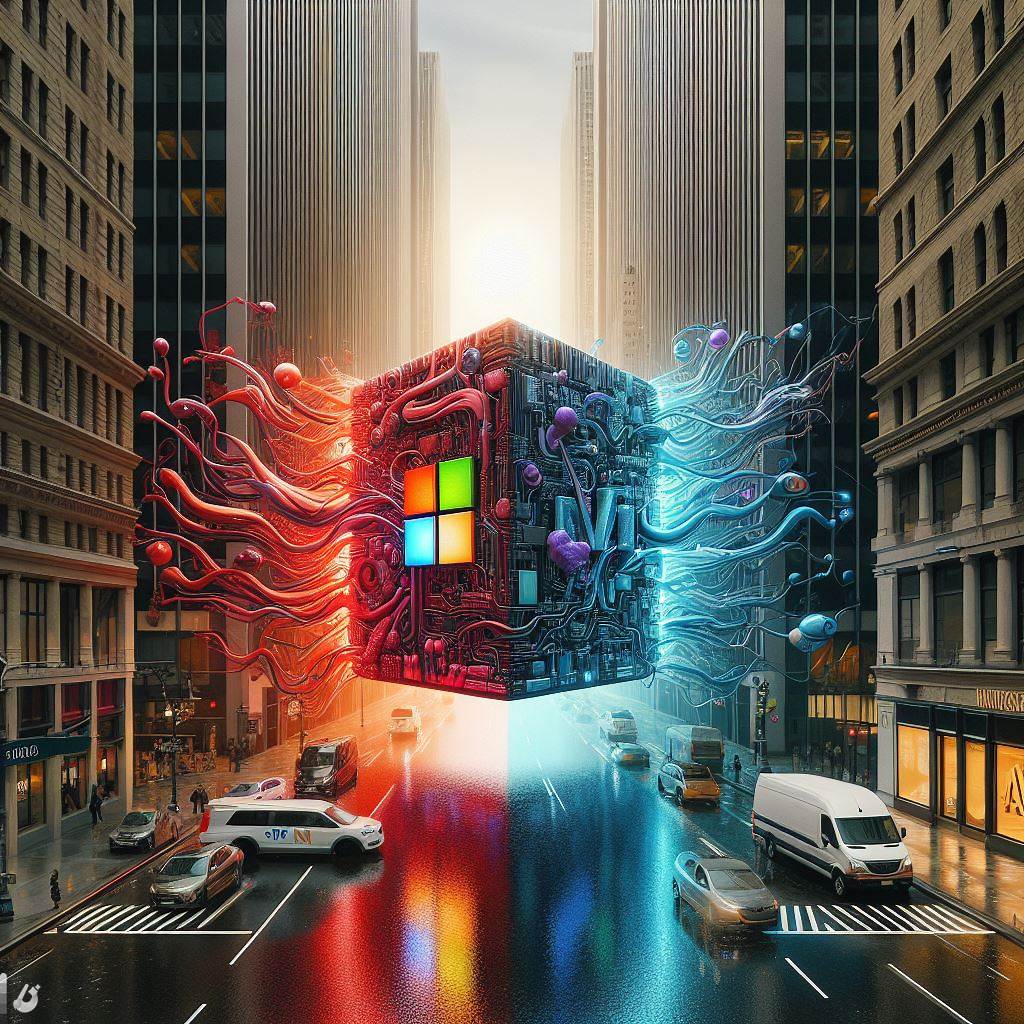
The New York Times (NYT) has filed a copyright infringement lawsuit against OpenAI, the creator of ChatGPT, an artificial intelligence (AI) language model. The NYT alleges that OpenAI has unlawfully used its content to train AI chatbots, impeding the newspaper's ability to carry out its journalistic work.
The lawsuit, filed on December 27, draws upon the United States Constitution and the Copyright Act to assert the NYT's rights to its original journalism. Notably, the NYT references Microsoft's Bing AI, claiming it generates verbatim excerpts from NYT content.
According to the lawsuit, OpenAI's actions undermine the relationship between the NYT and its readers, leading to a loss of subscription, licensing, advertising, and affiliate revenue. This legal action follows similar concerns raised by the News Media Alliance in November, asserting that AI chatbots are illegally using copyrighted news, diverting revenue, data, and users from news publications.
Intellectual property (IP) and AI lawyer Cecilia Ziniti considers this case to be a significant instance of generative AI committing copyright infringement. She points out that the NYT's website is a highly represented proprietary source, emphasizing the potential impact on OpenAI and Microsoft.
Despite attempts by the NYT to address intellectual property concerns with OpenAI and Microsoft in April 2023, seeking an amicable resolution, no agreement was reached. Ziniti, a long-time subscriber to NYT, sees this case as having the potential to be a "watershed moment" for both AI and copyright.
The lawsuit details instances where the difference between original NYT content and output from GPT-4 is minimal, highlighting the alleged infringement. Ziniti, in follow-up tweets, expressed her perspective as a subscriber, suggesting that if ChatGPT provided NYT articles and recipes for free, she wouldn't be paying for the content.
This legal action against OpenAI follows a class-action lawsuit by the Author’s Guild in September, accusing OpenAI of misusing copyrighted material in training AI models. Other entities in the AI industry, such as Anthropic AI and Stability AI, have faced similar legal challenges over copyright infringement.
OpenAI, however, has taken a stance to cover legal costs for business-tier ChatGPT users involved in copyright infringement battles. The OpenAI developer forum reflects mixed reactions, with some users hoping the NYT is unsuccessful in its claims, while others find the situation intriguing and worth following. As legal proceedings unfold, the case has the potential to shape the intersection of AI and copyright law.